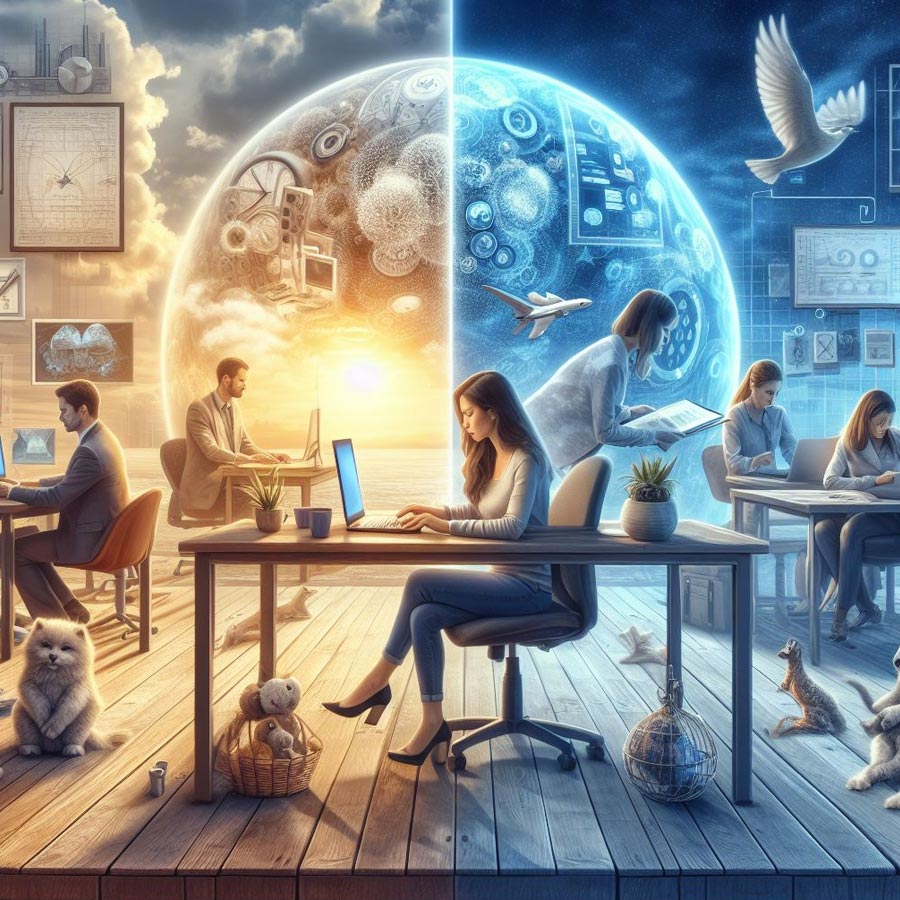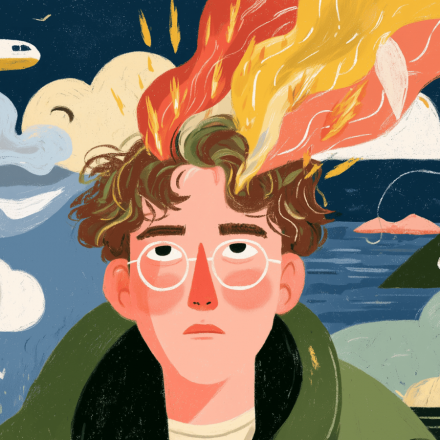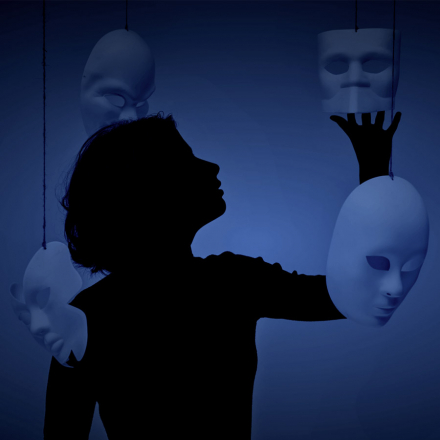In our society, there exists an interesting paradox: despite the fact that work seems to occupy a central place in our lives, it is not always perceived as something that gives it eternal meaning. Historically, people in Europe and America did not view their profession as something that defines their essence or purpose. A glance at tombstones in cemeteries reveals that inscriptions like "plumber," "executive vice president," "forester," or "clerk" are rarely seen. Instead, the value of a person's life is often measured by the love they had for their loved ones and what they left behind.
When a person faces death, their earthly life is evaluated not through the prism of their profession but through emotions, love, and the memory they left. All of this is tied to deep emotional involvement, the ability to give and receive. Yet, in everyday life, we continue to ask each other the question, "What do you do for a living?" This question has become a marker of our identity, though it seems superficial in light of true human values.
This paradox is particularly evident in the context of modern society, where the ideas of consumerism should have changed our perception of work. It would seem that with the rise of consumption, our essence should have begun to express itself through what we consume rather than through what we produce. Things like our clothing, the music we listen to, and the sports teams we support should have become important. But despite this, work remains one of the main sources of our self-identification.
Since the 1970s, people have started to divide into subcultures — fans of science fiction, dog lovers, paintball enthusiasts, and sports supporters. These groups form around interests and preferences, not professions. And at first glance, it seems that work has lost its significance. Yet, most of us still believe that the main meaning of our lives is connected to our work. We continue to see it as the primary source of our identity and purpose, even though we should have shifted our focus to consumption.
This contradiction is deeply rooted in our psyche. On one hand, we want to believe that work is not the most important thing about us. But on the other hand, unemployment is still perceived as a tragedy that destroys our self-esteem and mental health. This paradox may reflect a deeper internal conflict between our need to belong to something greater and the necessity to find meaning in everyday life.
Ultimately, it is worth considering what really gives meaning to our lives. Is work what defines us? Or is the true meaning found in the relationships we build, in the love we give and receive? Perhaps the answer lies somewhere in between, in the place where our professions, hobbies, and relationships intersect, creating a unique picture of our lives.


















